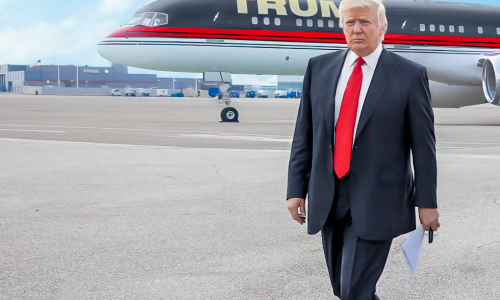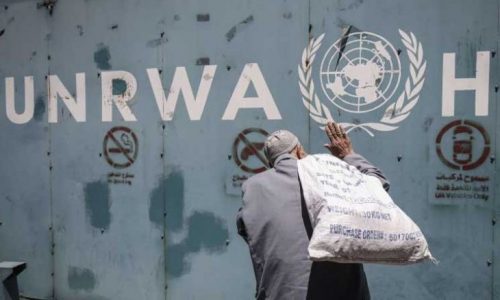The 2023 World Economic Forum in Davos, Switzerland, felt special since it was the first after the COVID-19 pandemic outbreak hit the world in 2020, which killed 6.74 million people. This year’s theme of “cooperation in a fragmented world” highlighted how countries would cope with the biggest issues such as the global recession and the Russia vs Ukraine war.
A total of 50 leaders from the G20 and G7 countries as well as 200 government officials and 1,500 business leaders attended the annual meeting which took place on January 16-20, 2023.
Here are the five key points from the meeting:
- Global economic outlook
Many of the leading economists, who are part of the WEF community, predict that there will be a worldwide economic downturn this year due to the ongoing conflict in Ukraine and the high levels of inflation. They are characterizing 2023 as a time when all the difficulties facing humanity have become more interconnected, more mutually destructive than before and therefore more difficult to resolve.
The WEF’s annual meeting included discussions of various risks, such as inflationary pressures from China’s reopening and increasing debt problems in developing countries. However, the biggest challenge for Western nations remains to get the inflation rate down to 2%.
- The ongoing Ukraine-Russia War
Ukraine First Lady Olena Zelenska called on global leaders to use their power to put an end to Russian aggression and emphasized the ongoing human cost of the conflict. Ukraine President Volodymyr Zelenskyy also called on for immediate action from world leaders to support Ukraine.
For Ukraine’s allies, the focus at Davos was on the increasing support in the form of better weapons and financial aid to help Ukraine defend itself against Russia. However, outside of the Western countries, concerns about a potential economic recession highlighted ongoing divisions as some attendees called for a swift return to diplomatic negotiations.
- Tackling climate crisis
World leaders also discussed on the process of reducing carbon emissions in industries and transitioning to cleaner energy sources by launching the Giving to Amplify Earth Action (GAEA).
GAEA is an effort on a worldwide scale to provide funding and support for partnerships between the public, private and philanthropic entities, in order to access the annual US$ 3 trillion required to reach net zero emissions, halt environmental degradation and restore biodiversity by 2050.
- The 4IR (Fourth Industrial Revolution)
In the past, regulations have struggled to keep up with technological developments. Governments are turning to more localized solutions with the help of advance technology, such as AI and quantum computing.
The WEF showcased the second exemplar of its “home” in the virtual world specifically designed for collaboration: the Global Collaboration Village with the aims to create immersive environments where leaders can gather and take steps to address significant global issues.
- Food insecurity
Biodiversity loss, severe weather and natural disasters are contributing to food scarcity. Experts in the WEF have forecast that in 2023, food crisis will get worse as prices rise, shortages grow and more people’s incomes are affected. They proposed the use of more debt-for-nature swaps as a solution, where debt is forgiven in exchange for commitments to invest in conservation of biodiversity and climate action.









